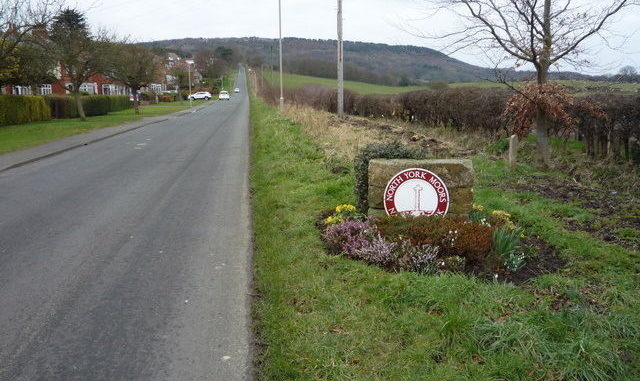
Many of the North’s most prized landscapes will deteriorate and a chance to tackle climate change will be lost unless London-based bureaucrats loosen their grip on initiatives designed to conserve and restore habitats, it has been claimed.
Presenting the findings of a study examining why farmers have been leaving agri-environment schemes in droves over the past four years, academic David Arnott told the North York Moors National Park Authority that red tape, a lack of local knowledge and overly complex forms were the main barriers to participation in the projects.
He said unless the Department for Environment, Food and Rural Affairs (Defra) started listening to issues about their programmes the result would be “degradation of the land rather than achieving the ambitions in the government’s 25-year environment plan”.
The authority heard to counter rising greenhouse gas emissions and moors burning due to increased temperatures millions if not billions of trees would need to be planted and one of the primary tools for doing that would be agri-environment schemes.
Climate change is predicted to result in the park losing some species, increases in others and the introduction of new ones which may be a threat to the park’s environment. This could also lead to changes in the landscape, with remaining important habitats may becoming more isolated.
However, members were told since the government’s Countryside Stewardship scheme was introduced in 2015 the number of agri-environment agreements in England had fallen from 46,500 covering about 7.7m hectares to 32,500 covering 3.7m hectares.
The study found farmers had found the schemes involved a high risk of penalties, late payments, lack of communication, low financial incentives and too much bureaucracy.
Bangor University academic Mr Arnott said: “All national park authorities could take the lead in localised schemes. The staff know what the problems are in the park and are therefore better placed to deliver on the natural and cultural heritage of the park.
“There’s no point in having Defra situated in London telling you what’s best placed to deliver localised schemes here and localised schemes would be better targeted than one-size-fits-all schemes. At the moment agri-environment schemes don’t necessarily provide the panacea to climate change and don’t improve bio-diversity by huge amounts, but what they are doing is stopping further degradation and intensification of the land.”
Member and Swainby farmer David Hugill said the study’s conclusions mirrored his experiences of agri-environment schemes exactly, where he encountered “people using handbooks to look at options” and Natural England officers whose stipulations over grazing led to lapwings leaving the farm.
Several members said they were pleased the study’s findings would be detailed to Defra in the near future.


Be the first to comment